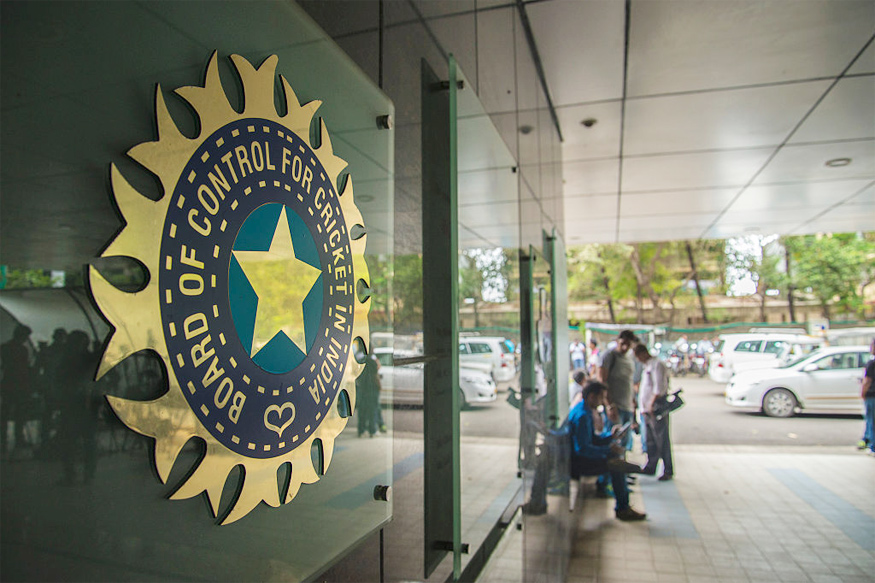Recently, it came to light that the ongoing India-New Zealand Series might be cancelled even as the Supreme Court appointed Lodha Committee which is supposed to ‘reform’ the sport of cricket in India directed the Banks with which the Board of Control for Cricket in India holds accounts not to disburse any “funds” to the State Associates.
While the Lodha Committee has argued that the accounts of the Committee have not been frozen as such and the ongoing activities of the Board may be continued including the scheduled matches.
The Board on the other hand has argued that since the State Associates are the bodies responsible for carrying out the scheduled matches a prohibition on disbursement of funds would have a very negative effect and that the same has casted a shadow of doubt over the ongoing series between India and New Zealand.
There is not an iota of doubt about the fact that the concerned organ of the State has every legitimate right to look into any alleged irregularities of any private institution including a Sports controlling authority.
But the question which arises here is that whether a State which has failed several sports which it manages and has failed to properly discharge several of its key duties deserve to hijack the proceedings or take uncalled action against a sports authority which has taken cricket to its zenith without substantial government support.
We are now going to discuss how the Government has proved to be an inefficient manager in several sports, why the state should demarcate the sphere of its functions and what ideally that sphere should be and why cricket is in safe hands with the BCCI with regulatory State checks.
When the State messed up our Sports:
Hockey India and Indian Amateur Boxing Federation (IABF) are glaring examples of what happens when the bureaucracy meddles with the affairs and monopolizes the Sporting bodies in its own favor. It only took a prolonged period of mismanagement by Hockey India to rob the sport of the talent that the country produced and the giants of the previous century especially in the pre independence period have now been reduced to a second grade team in the international context.
Similarly, boxing as a sport in India seemed to be set for domination over other Nations after Vijender Singh had won a Bronze and two others had missed the podium by a whisker; in 2012 Mary Kom kept the hopes alive with another medal. But this was followed by the same old ill of bureaucratic mismanagement of the sport by the bureaucracy.
Allegedly a failure to hold fair elections led to a provisional suspension of the Indian Boxing Federation by the AIBA which meant that the Indian boxers could no longer represent India in any International event though the ban was lifted later.
The aforementioned examples are not exhaustive but only illustrative there are several sports where the affairs and management of the sport has been marred by unnecessary hijack of the regulation by the State.
It is often said that when the State tries to do too many things it does all of them bad. This seems to be true in the Indian context where the State has not been trying to act not only as a policeman, administrator of justice and protector of the boundaries apart from other necessary functions such as poverty alleviation but has also taken up the role of an entrepreneur, sports manager, etc.
The result being that it is not able to perform its necessary functions properly due to the added burden and the affairs of the ancillary activities also go for a toss.
Conclusion:
In the current context the hunger for controlling the independent sports authorities became evident after the Supreme Court of India had passed a judgment recognizing the BCCI as “State” and therefore subject to judicial and executive intervention like any other Government body.
The State in the Indian context thus should mark a definite sphere within which its activities may be confined in order to ensure that its functions are discharged properly and embarrassments such as the one that could happen in between the Indo-New Zealand series can be avoided in future.
The State should concentrate more of its resources on the essential and critical activities which fall within the inherent duties of a State instead of going out of the way and controlling something which it is not supposed to manage.
